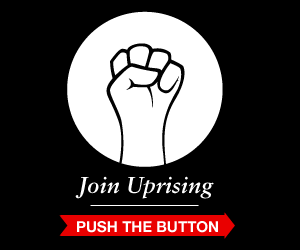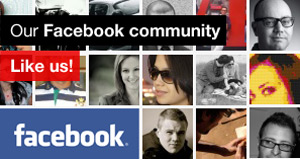You can't silence Social Networking
Posted on 29th Aug 2011 by Scott Goodson in BlogSocial networks were invented for one reason only – so we could communicate. So what do you think happens when someone tries to stop us talking?
Over in the UK, a well-known, highly-paid soccer star tried to force Twitter to reveal the identities of Twitter users, who had effectively ‘gossiped’ about him and revealed he was having an extra-marital affair. He felt he was able to do this, because he’d taken out legal protection, which meant that no one in the UK media could talk about it – and if they did, it was legal action and possible jail time.
But the ‘UK media’ doesn’t include social networks. And so he was powerless to prevent the rumours. But as soon as he revealed his plans to make Twitter fess up, users turned against him in their thousands.
It unfolded second-by-second. Tweeters united in a makeshift ‘Cultural Movement’ of their own, effectively sending out a message ‘we won’t be silenced’. Within hours Twitter traffic swelled by 22% as people flocked to the site in their droves to not only confirm his identity but spread it amongst others.
Within 24 hours of him revealing he was taking on Twitter, his name had been mentioned over 56,000 times and there was a dramatic rise in online searches for the soccer star across the world. In effect, he had scored an own goal. Instead of stopping the gossip, it merely fuelled it, effectively confirming he was indeed the player at the center of the scandal.
But why such a dramatic reaction? Because we won’t be told what we can and can’t say, especially when it comes to social networks. It’s like trying to sue someone for talking about you.
Here in the US, we have a much more liberal attitude to free speech, but the UK legal system is now baffled about how it goes forward from here with these so called media gagging orders. You can’t gag social networking. It’s so intrinsic to how we communicate these days, any attempt is futile.
The very fact that so many people united against this attempt demonstrated how much our system of communicating has changed with a new and significant other now involved; active participants, i.e. the general public. And it will certainly shape the legal future of ‘injuctions’ in the UK. It just shows you what people-power can achieve, and it is one of the reasons why Cultural Movements are so potent.
But what does this mean for marketing management? How does this new reality affect how brands build and market their own products and services?
As everyone now knows, social media introduces a two-way conversation bringing brands directly in touch with their customers. Consequently, it can both create and solve marketing problems, and the real-time, instant nature of online conversations means that brands need to think of themselves less like a granite fort protecting itself from intruders and more like Agent Jack Bauer of 24 fame: on a constant state of high alert and action.
blog comments powered by Disqus







